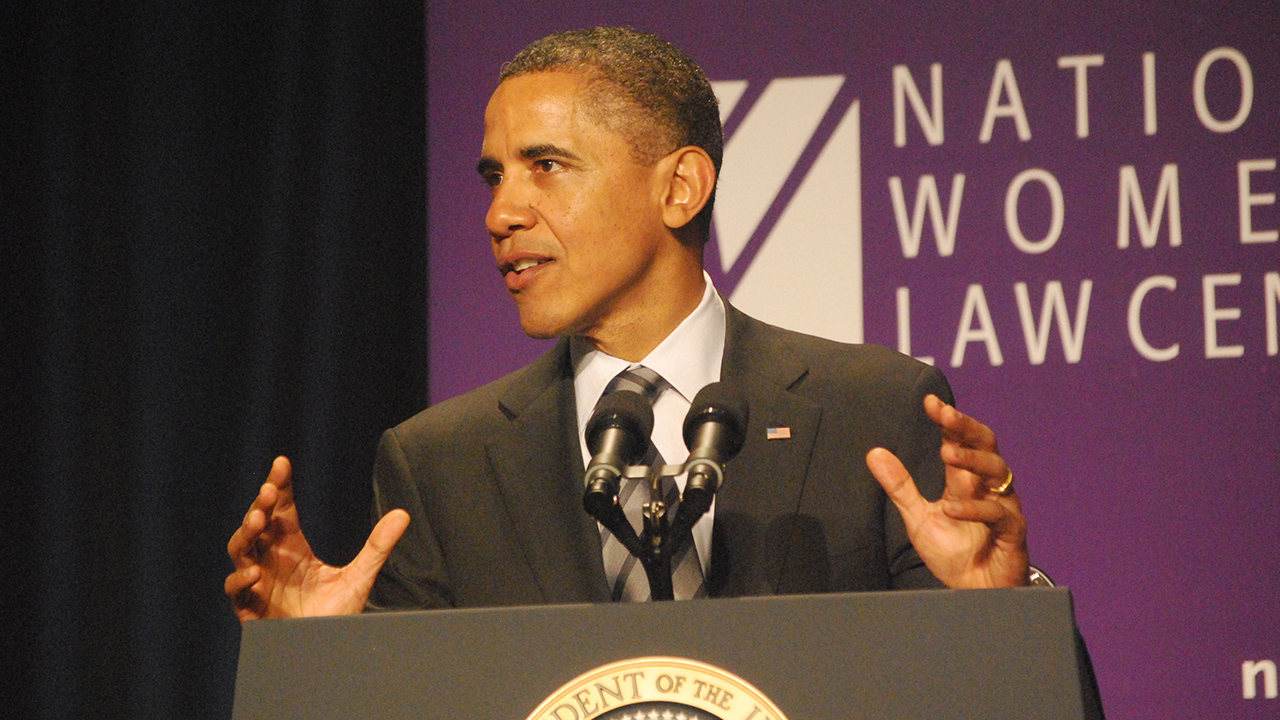What’s Behind the Rise in Anti-Abortion Violence?
It is a challenging time to be an abortion provider or patient in the United States—the Supreme Court is weighing a challenge to Roe v. Wade and allowed a near total ban to remain in Texas, and anti-abortion state legislatures are enacting waves of the strictest abortion restrictions seen in decades. But, even when pregnant people are able to secure an appointment at a clinic, they, and the providers and clinic employees who support them in obtaining the care they need, may face harassment, threats, and sometimes physical violence. These incidents have been mounting in intensity and frequency for years, and many providers and advocates fear they will only increase as the emboldened anti-abortion movement continues its attacks.
In February, an Ohio man pled guilty to threatening to kill an abortion patient and bomb the clinic where she was seeking care. He has been charged with violating the Freedom of Access to Clinic Entrances (FACE) Act, as well as other crimes. This came on the heels of arson that burned down a Planned Parenthood clinic in Knoxville on New Year’s Eve. These incidents are not isolated. The National Abortion Federation’s report on violence and disruption against abortion clinics found that in 2020 reports of assault and battery increased 125% compared to 2019. Death threats against abortion providers more than doubled. In 2019, clinics reported two suspicious packages or hoax packages, while in 2020 they reported a whopping 27. Reports of arson, attempted bombing, vandalism, stalking, hate mail and harassing calls, as well as hate email and internet harassment, also rose. While federal officials, like the National Task Force on Violence Against Health Care Providers, are committed to combatting this kind of violence, the increase in attacks on health care patients and providers is troubling.
In a political landscape that is increasingly hostile to abortion and permissive of political violence, it is no wonder that clinics are seeing a rise in disruptions and threats. The enactment of restrictive anti-abortion laws by state legislatures reached a fever pitch in the last several years. According to the Guttmacher Institute, 44% of the state abortion restrictions enacted since Roe v. Wade was decided in 1973 were passed in the last decade. In 2021, states passed a record number of laws—over 100. The number of new laws in states like Arkansas and Oklahoma reached double digits. With the Supreme Court poised to uphold Mississippi’s blatantly unconstitutional 15-week abortion ban, other states, like Florida, have followed suit and passed nearly identical provisions. Another recent development in this cottage industry is an influx of “copycat” bills replicating Texas SB 8’s unconstitutional six-week ban and bounty hunter mechanism in several states. But this is only part of what has kept the anti-abortion groups busy in recent years.
Anti-abortion groups have also embraced authoritarianism, disinformation, as well as political and racist violence. Recently, West Virginia’s only black legislator was the target of racist threats by a local anti-abortion group, based on her support for legislation that would remove all obstructions to abortion care in the state. Prominent anti-abortion activists also propagate disinformation about abortion, support the passage of unconstitutional abortion restrictions in the middle of the night, campaign in favor of voting restrictions, and support efforts to stack the federal courts with anti-abortion judges. Indeed, the anti-abortion movement made a strong showing at the insurrection at the U.S. Capitol on January 6. For example, John Brockhoeft, who was convicted of first planning to bomb an abortion clinic and later of setting fire to a different clinic, livestreamed from outside the Capitol on January 6. Derrick Evans, a West Virginia state legislator who resigned after he was caught on video urging protestors to break into the Capitol, is subject to a restraining order by a clinic escort he repeatedly harassed.
Despite this, clinics remain safe and open. Employees and clinic escorts are prepared to support patients in accessing the care they need and deserve, and to preserve their privacy in doing so. Providers and clinic employees all over the country have displayed remarkable resilience in the face of rising anti-abortion vitriol, an influx of Texas abortion patients seeking care out of state, and uncertainty about the future of the right to abortion. Every March, the reproductive rights, health, and justice movement honors Abortion Provider Appreciation Day, which commemorates Dr. David Gunn who was murdered by a white supremacist and anti-abortion extremist. For the 2022 anniversary, in honor of Dr. Gunn, Congressman Andy Levin and Senator Mazie Hirono introduced the first federal resolution to recognize March 10 as a day to honor abortion providers and clinic staff who show up to provide care every day while working towards a world in which each of us can shape our own futures. The National Women’s Law Center joins Congressman Levin and the reproductive rights and justice movement in celebrating and thanking abortion providers, clinic employees, and volunteers across the country who ensure access to vital health care in uncertain times. You can join us in this fight by supporting Keep Our Clinics Open, benefiting independent abortion clinics, or Fund-a-Thon, supporting those seeking abortion care.




